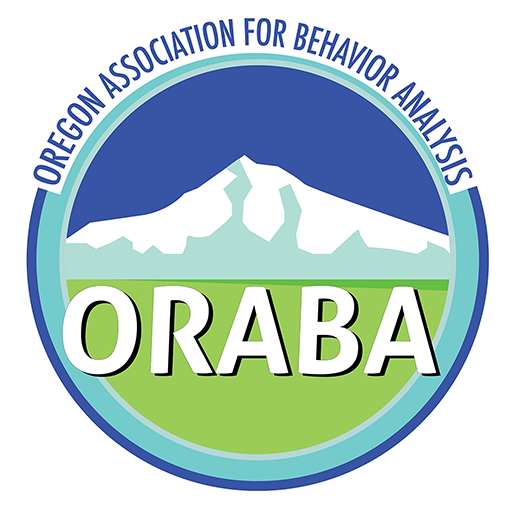Resources For ParentsThank you for visiting ORABA.org. We are excited to have you here! Please see below for some of the most common questions we get from parents and helpful resources for reach question. If you have additional questions please don't hesitate to contact us at [email protected].What is ABA?ABA is an acronym for Applied Behavior Analysis. ABA refers to the application of behavioral science in order to help shape socially significant behaviors. The aim of ABA is to promote a higher quality of life for the individuals and families within an ABA provider's care. There are several sub-specialties of ABA. A summary of these can be found here.
How did ABA start?ABA started with a psychologist at UCLA, named Ivar Lovaas. Lovaas applied the analysis of behavior, which started with John Watson, J.R Kantor and B.F. Skinner, to autism. Over time ABA has shifted to a more naturalistic approach. A brief timeline of the development of behavioral analysis, starting in 1913 to 2009 can be found here. A brief overview of Autism, as this was the first diagnosis treated with ABA, can be found here.
What is Evidence-based?Evidence-based is of great importance when determining therapy approaches especially for children with Autism. Evidence-based treatments and therapies have been thoroughly reviewed by the scientific community and found to produce effective and reliable results when working with kids with autism. For more information on this process and a list of current evidence based therapies and interventions please visit: https://paautism.org/resource/evidence-based-practice/. Criteria for analyzing whether a treatment is evidence-based or not can be found here. Additionally, this report by the National Clearinghouse, can be a great gauge. What does an ABA therapy session look like?An ABA therapy session can be conducted in almost any setting; however, the most common settings are the home of the individual receiving services, or an ABA clinic. ABA clinics are dedicated spaces that allow for the holistic needs of a client to be met during session, yet they differ from a daycare center. Similar to a dentist model, the majority of therapeutic sessions are led by Behavior Analysis Interventionists while the programming decisions, goals, and therapeutic path are determined by a Behavior Analyst. Within Oregon Behavior Analysis Interventionists and Behavior Analysts are licensed to practice with the Oregon Health Licensing Office. How do I find an ABA provider?A great place to start your search is here. Additionally, job search websites, such as Indeed and Glassdoor, offer a wealth of reviews. If you have insurance, they may provide a directory that includes ABA agencies. Using insurance can reduce the out-of-pocket cost of ABA, especially if the agency is in-network with your insurance.
Is it better for my child to work with one primary therapist, or is there a benefit to working with multiple ABA providers?There are advantages and disadvantages to maintaining an individual ABA practitioner versus employing multiple practitioners using the same core data. On the one hand, having a direct practitioner can make therapeutic relationships easier, and can allow for quicker and less interrupted improvements for individuals who are new to treatment or who are still struggling in making behavioral changes. On the other hand, having exposure to multiple providers can give a child the opportunity to practice their new skills with persons who are trained and capable but are less familiar. This gives a more advanced patient a more “real world” experience as a child will need to be able to navigate a busy world and often with people the child is only moderately familiar with or even totally unfamiliar with while still ensuring that the child is supported by trained practitioners using the same tracking data. In the end, the right style will depend on your child’s current level of development and relevant goals.
|


